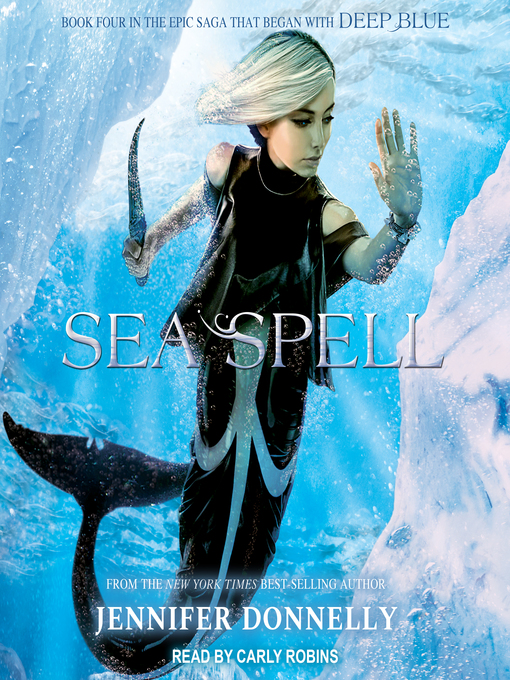

Bartsch cites only one individual who retained interest in ancient Athens under Mao, a "dedicated communist" and economist named Gu Zhun, who looked to the Greek polis and to Aristotle’s political thought to resolve "problems inherent in socialist economics," being appalled by the "famine and cannibalism" generated by Mao’s Great Leap Forward. The Maoist triumph cut off any continued study of the Western classics. But both the republican enterprise and the freedom of thought that encouraged it ended with the Japanese occupation of the 1930s, followed by the victory of Mao’s Communist forces.

Only after the emperor’s 1912 overthrow did the opportunity arise for China’s "young intellectuals and reformers," many of them foreign-educated, to establish a republican government, led by Sun Yat-sen and influenced by the reading of Western thinkers like Montesquieu, Rousseau, and Aristotle.

At the same time, she initially downplays the transformation that Western influences such as Marxism have already made in "Chinese" ways.)īartsch describes the unsuccessful endeavor of 17th-century Jesuit missionaries to introduce elements of classical thought (blended with Christian theology) to China, which left the Chinese still thinking that their culture was superior. (Oddly for a classicist, Bartsch ignores the self-critical character that typified the Western tradition of philosophy, poetry, and historiography starting in antiquity-as if all its contributors regarded democracy as the best regime or conceived philosophy as essentially deductive rather than empirical and dialectical. Bartsch’s outlook is one of cultural relativism: She refrains from making derogatory comparisons between Chinese and Western cultures-despite the belief of some prominent Chinese scholars that their civilization would benefit from imbibing elements of the Western classical tradition. In Plato Goes to China, Bartsch explains her aim to escape the "hall of mirrors" generated by Westerners taught to believe in the universal validity of such concepts as the superiority of democracy and the notion of individual rights.


 0 kommentar(er)
0 kommentar(er)
